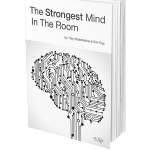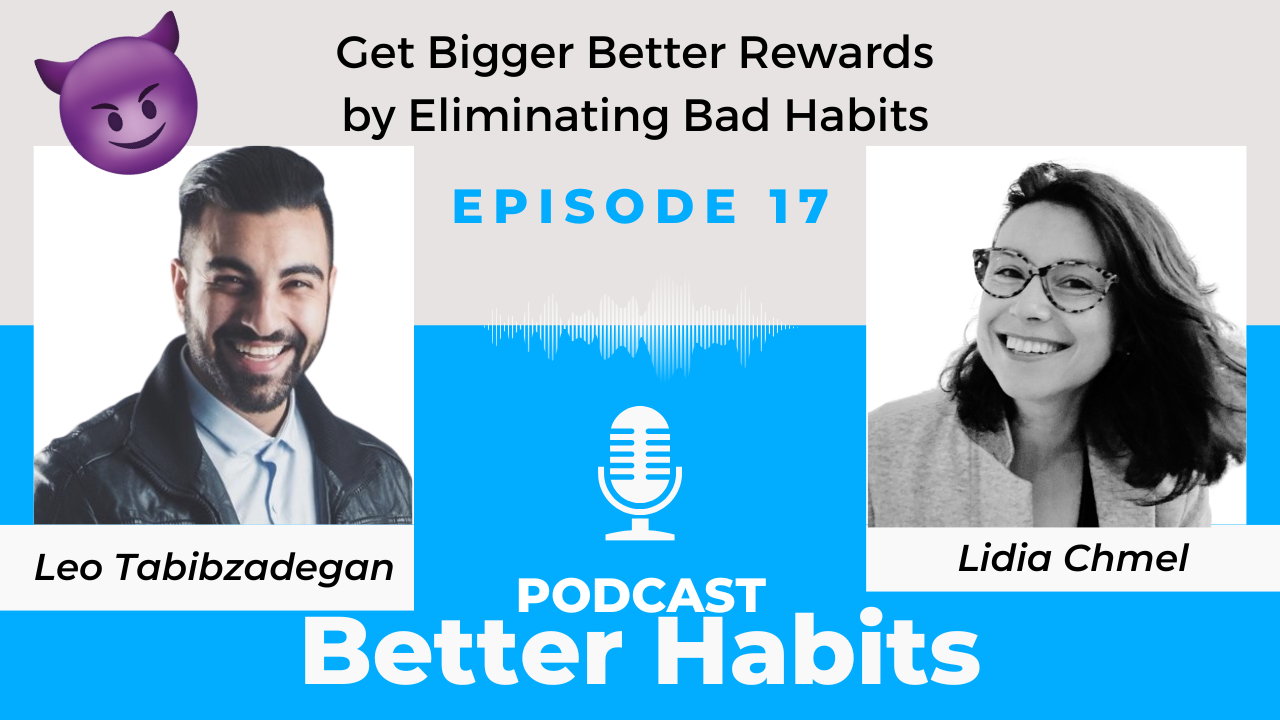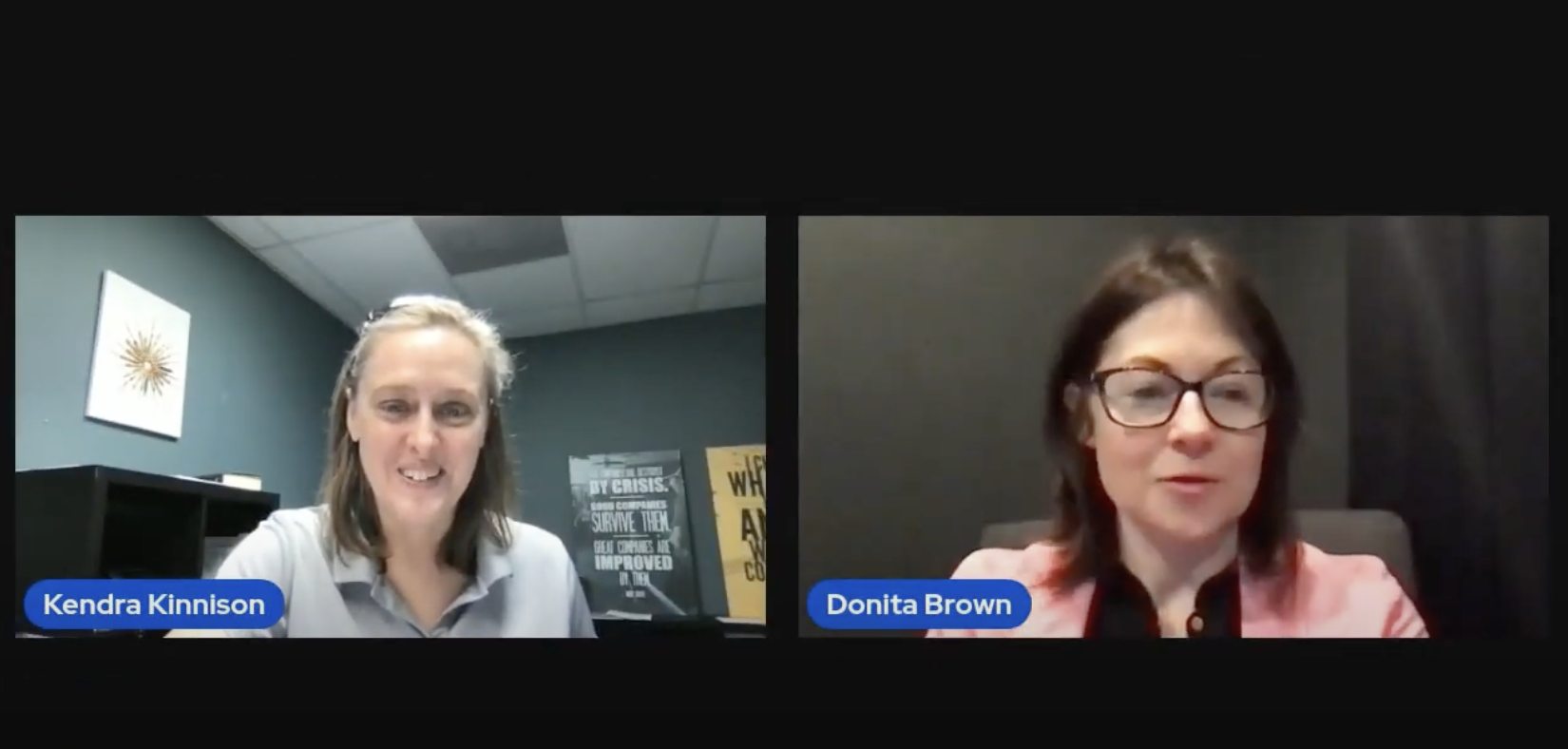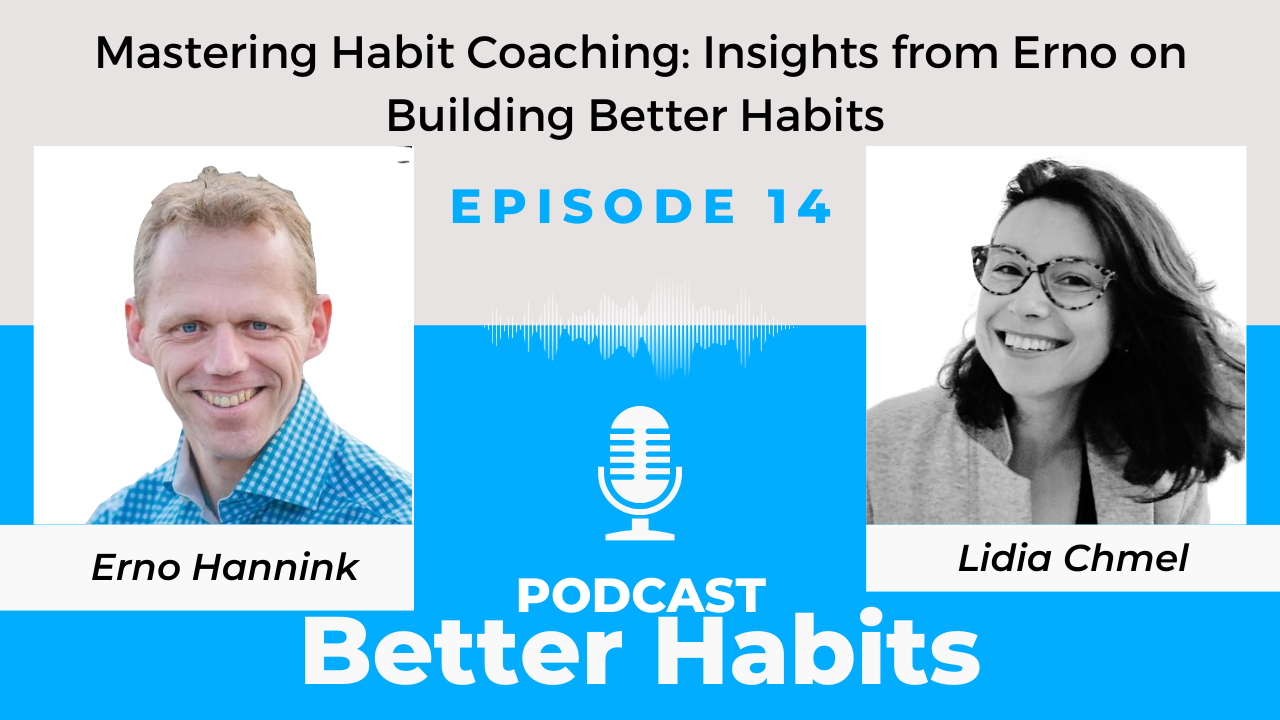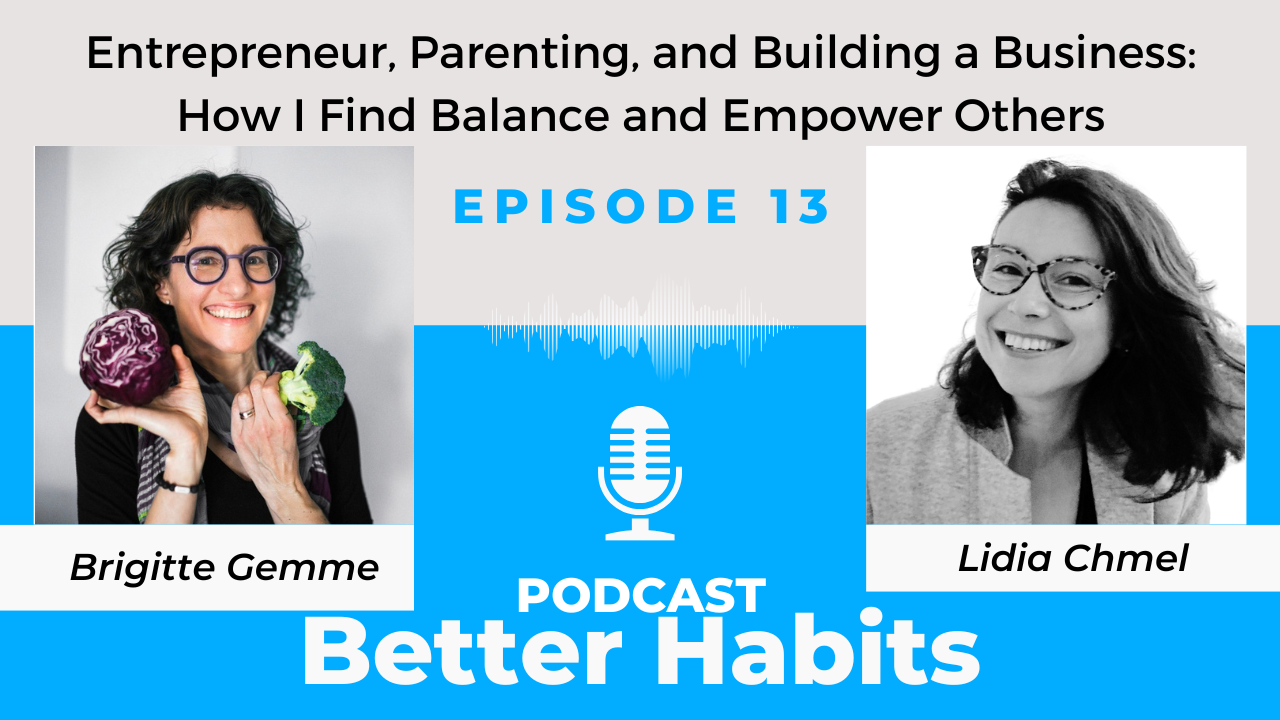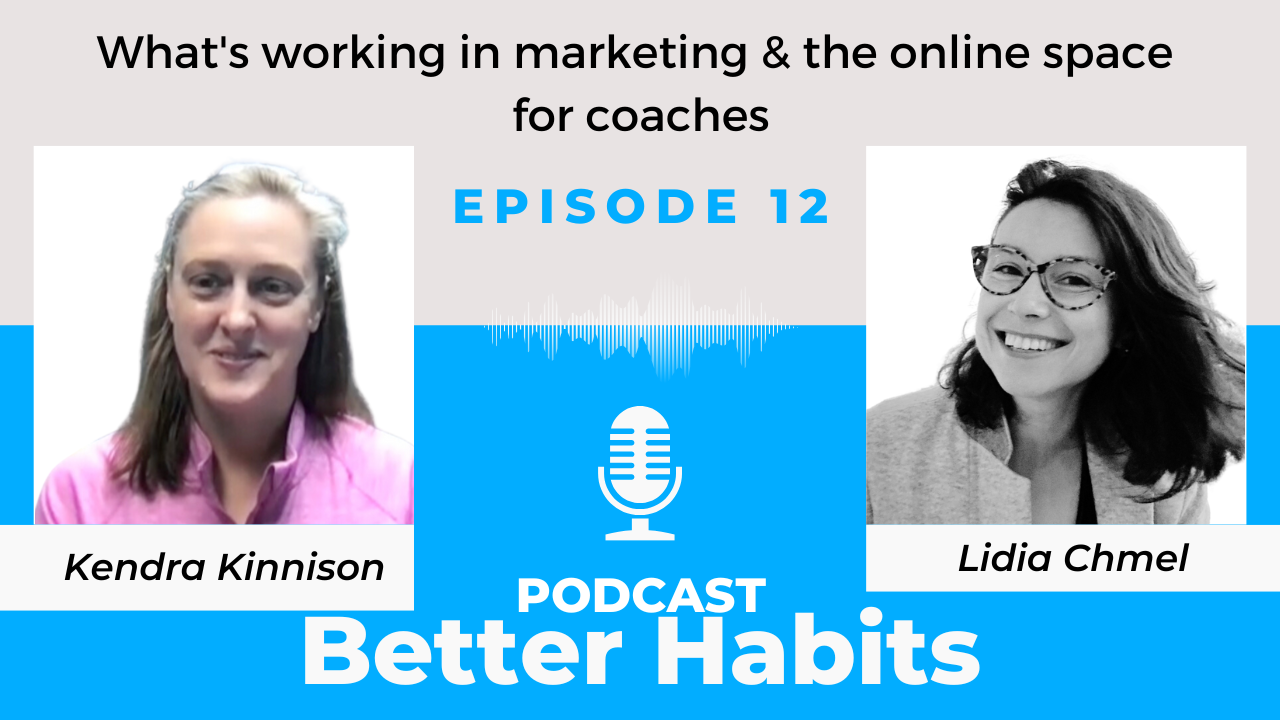“One of my students started scheduling all of her hard meetings for after class. She said, “That’s when I’m at my best. I feel like I can handle anything.”
Meditation first helped Kim Nicol succeed as a lawyer and legal publishing executive. Then her passion for meditation inspired her to change careers. Now she teaches meditation to lawyers, startup founders, data scientists, and other high-power executives looking for ways to balance their stressful lives. In addition to private and group sessions, she organizes events such as Awareness Academy X, a mindfulness and behavior design retreat in November in Nevis. Kim told us about how she got into meditation, her daily practice, and a few stories about how meditation helped her clients excel at work.
Why did you start meditating? What was your goal?
I was first exposed to meditation during yoga class in my early 20s, but it never interested me. It seemed boring and I just couldn’t relate. When I was in my 30s, a friend told me about a meditation teacher that she loved and invited me to a class. I said “No” at least three times before finally agreeing to check it out. My goal was satisfy my curiosity and get my friend off my back. To my surprise, I discovered that meditation was actually fun and useful! And it wasn’t how I thought it had to be.
What is your meditation routine?
My core practice is sitting for 5 minutes in the morning. I sit at the kitchen table or on a yoga block in the living room. I observe my inner landscape with an attitude of curiosity and kindness. I often smile to my experience.
I have a few go-to practices that I like to use depending on what’s going on in my life. Sometimes, after my initial 5 minutes, I’ll do an additional 3-5 minutes to cultivate a specific quality or experience, or I might do a savoring practice. It just depends on what my intention is.
Do you have any stories about how meditation helped one of your clients perform better at work?
When I was teaching a weekly class at a Fortune 50 company, one of my students started scheduling all of her hard meetings for after class. She said, “That’s when I’m at my best. I feel like I can handle anything.”
Do you think meditation gives you a competitive edge?
Yes. One client, an attorney, began working with me because his mind was always racing with work thoughts. This made it difficult to sleep, and it interfered with his ability to enjoy time with his spouse and friends away from the office. As he began to practice meditation and being more aware of his emotions and physical sensations, he began to notice a few interesting changes at work.
He was able to be more calm and relaxed when everyone else was having a melt-down or otherwise losing their temper. This let him see a path through the chaos more clearly. He was able to pivot quickly and get to work solving problems more efficiently. Others began to see him as a leader. He also became more skillful in negotiations, because he was more aware of the emotions on the other side of the table. He noticed subtleties in clients and opposing counsel that would change the kinds of questions, so that he was able to draw out different information and insights.
Also, he was more well-rested and happier in his personal life because he was able to be more relaxed and let his mind rest from the racing thoughts. He felt more energized, which in turn made him more effective at work.
Do you have other stories about unexpected payoffs from learning meditation?
I have two stories. What they have in common is that both people decided to start meditating for one reason yet the benefits rippled out in an unexpected, totally awesome way.
One student, an engineer, started meditating to reduce stress. The surprise bonus was that it deepened his relationship with his wife. Their marriage was already good, but since he started meditating, he’s found an even better connection and appreciation with her. The takeaway: when one person in a relationship becomes more calm and less stressed, the entire relationship becomes more calm and less stressed. As one person finds more inner well-being, it radiates out to all those connected.
Another story, which I’ve copied from her words:
“When I am overly tired or under high stress I get a little claustrophobic in elevators. The feeling passes quickly enough so I haven’t worried about it, but in the last year I seem to feel that way a little more often than before. I was travellng back from a long, fun-filled weekend in Charlotte, NC last month and was scheduled to fly from Charlotte to San Francisco via Atlanta. I hadn’t had much sleep but the flight from Charlotte to Atlanta was fine. I boarded the plane for the second leg of the trip okay and had a middle seat. All was well until the planes doors were closed and one of the passengers had to leave the plane because there wasn’t a seat for him.
I’m not sure why, but watching the man walk up the aisle and wait to exit the plane caused a lot of panic or anxiety in me. I sat straight up in my chair and tried to get control of myself. It seemed like the more I tried to focus the more my mind rapidly reeled and spun these crazy thoughts: “The plane is going to crash”; “That man planted a bomb”; “He knows something we don’t.” I got to the point where I felt like the only thing for me to do was to unbuckle my seatbelt and bolt for the door. I was about to make a scene.
I put my head on the seat in front of me trying to gain control when I suddenly thought, “Go to your meditation place.” I immediately started breathing deeply and kept repeating “let go of your thoughts and focus on your breath”. By the third breath, I felt the pounding in my chest start to calm and by the fifth breath I had relaxed enough to move my head from the seat in front of me and notice that the woman sitting next to me was speaking to me. I kept breathing deeply but I knew I was back to myself. I’m not sure why I went into that panic mode, but I am so grateful that now I have an solution for my claustrophobia and any future panic. I have my mediation place and I’ll always have it with me and that is peace in itself.”
The last paragraph makes me so happy. Yes, it’s just like that. Once you have this ability to access this source of calm presence, you become really free, really powerful. Life will always throw you curve balls. There will always be unexpected moments of panic, or fear, or uncertainty. But now, instead of being captive to those moments, it’s possible to connect with the peace you bring within yourself. It is always there. You just remember how to find it and to use it skillfully.
In this case, the question isn’t, “How can I never feel claustrophobic or panicked?” but rather, “When I do feel that way, how will I handle it? What tools do I have to support myself when I find myself in that place?”
We all have our own versions of my client’s claustrophobia story. And meditation becomes a very useful tool for those situations.

